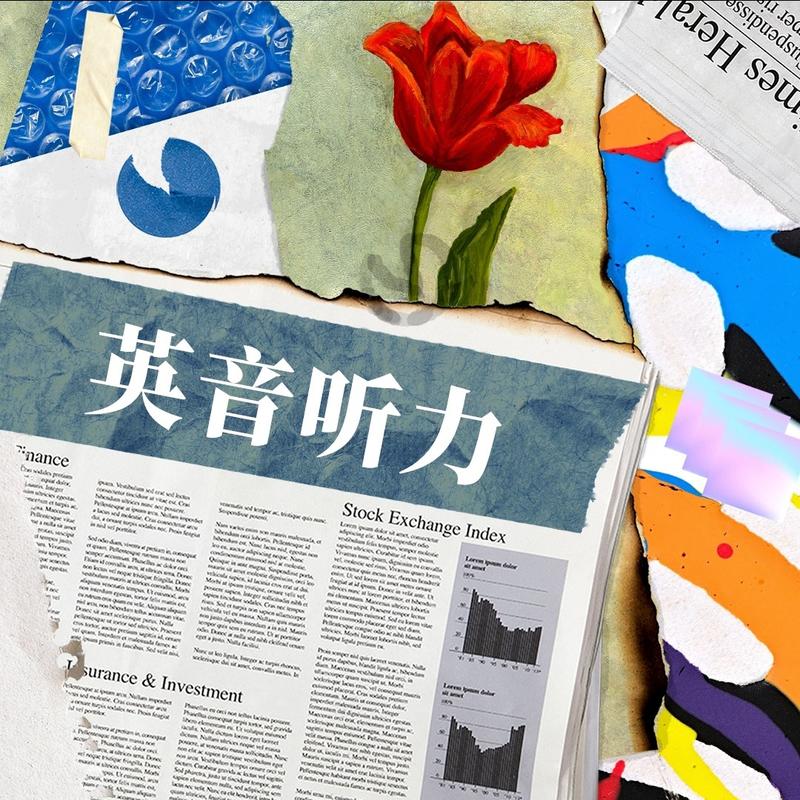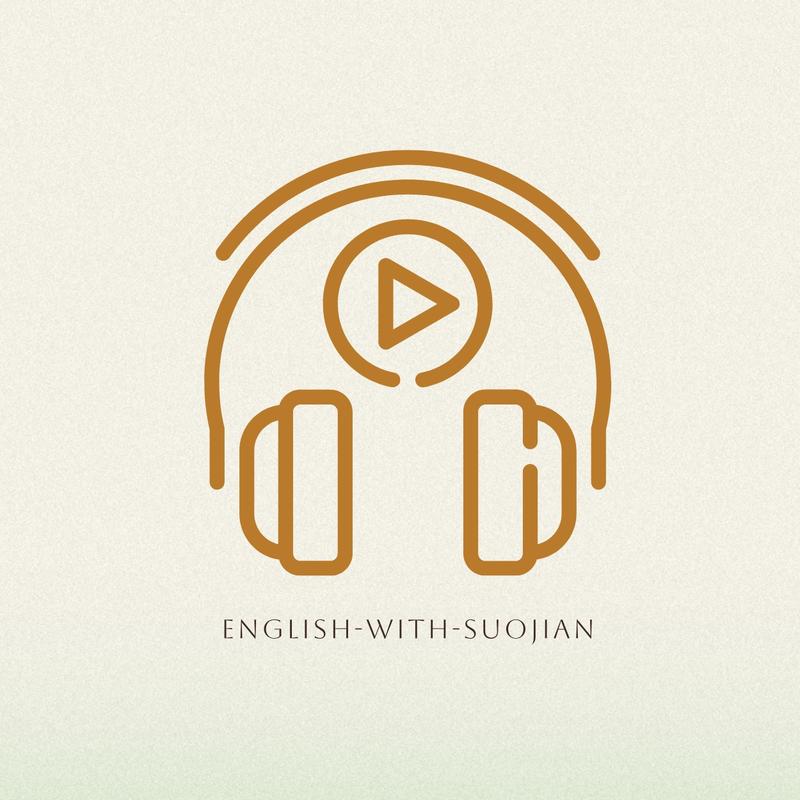
Doomscrolling: Why do we do it?
Sam
Hello. This is 6 Minute English from BBC Learning English. I'm Sam.
Neil
And I'm Neil.
Sam
Have you heard the expression doomscrolling, Neil? It's when people spend a lot of time reading, or 'scrolling', a mobile phone or computer screen in order to read negative news stories - stories full of doom.
Neil
I hate to admit it, but I do sometimes doomscroll.
Sam
Well don't feel too bad, Neil, because you're not alone. Research from the University of California found that people all over the world doomscroll, regardless of culture. What's more, there may even be evolutionary reasons why we're attracted to bad news.
Neil
In this programme, we'll be investigating why we feel compelled to look at, and even seek out, bad news. And, as usual, we'll be learning some new vocabulary, as well.
Sam
But before that I have a question for you, Neil. Doomscrolling is a very modern idea which is only possible with the 24/7, non-stop cycle of news reporting. So, according to international news agency, Reuters, what has been the top global news story of 2023 so far? Is it: a) The war in Ukraine? b) Increasing prices and inflation?, or, c) Prince Harry's autobiography?
Neil
I think the answer is an issue that's affecting everyone - inflation.
Sam
OK, Neil. I'll reveal the answer at the end of the programme. Now, it might be true that the non-stop news cycle makes doomscrolling possible, but that doesn't explain why we do it. Anthropologist Ella al-Shamahi thinks the answer may lie in human evolution. Here she outlines the problem for BBC Radio 4 programme, Why Do We Do That?
Ella al-Shamahi
We go searching out for bad news, looking for things that will make us feel ick inside. And so many of us do it. Is it a result of 24/7 doom on tap on our phones? Or, is it some kind of compulsion that comes from somewhere way, way back?
Sam
Reading bad news stories makes us feel ick - an informal American phrase which means feel sick, often because of something disgusting or disturbing. It's a feeling caused by the fact that, thanks to the internet, now we have the news on tap - easily available so that you can have as much of it as you want, whenever you want.
Neil
But Ella thinks that's not the whole story. There's another theory: way back in human history, when we lived in caves, it seemed everything could kill us, from wild animals to eating the wrong mushroom. Knowing what the dangers were, and how to avoid them, was vital to our survival, and from an evolutionary perspective, survival is everything. As a result, we humans naturally pay attention to the negative stuff, something Ella calls 'negativity bias'.
Sam
But while cavemen only knew what was happening in their local area, nowadays we know the bad news from all over the world. Here's Ella again, discussing this with her friend, TV presenter, Clara Amfo, for BBC Radio 4 programme, Why Do We Do That?
Ella al-Shamahi
Before it would be like, I don't know, I'm assuming you'd go to the neighbour's cave and they'd only know… the bad news from… that particular mountain. Whereas now, it's like, 'Let me tell you about the really bad information and situation that's going on in some island somewhere…'. It's just the good news doesn't make up for it…
Clara Amfo
It really doesn't, and I think trauma's romanticised, really. 'What doesn't kill you makes you stronger', 'this is a test'. I think we're conditioned to believe that negative experiences shape us more than joyous ones.
Neil
Reading bad news from around the world can depress us, and Ella thinks that the little good news we do hear doesn't make up for the depressing news. To make up for something means to compensate for something bad with something good.
Sam
Good news is hard to find. In fact, Clara thinks society has romanticised bad, traumatic news. If you romanticise something, you talk about it in a way that makes it sound better than it really is. Connected to this is the saying, 'What doesn't kill you makes you stronger', meaning that by going through difficult experiences in life, people build up strength and resilience for the future.
Neil
Maybe it's best to stop doomscrolling altogether, but with so much bad news pouring into our mobile phones every day, it's not easy.
Sam
OK, it's time to reveal the answer to my question, Neil. I asked you what news agency, Reuters, considers the top news story of 2023 so far.
Neil
And I guessed it was b) inflation.
Sam
Which was… the correct answer, although there's still plenty of time for 2023 to bring us more doom, hopefully along with a little positivity too. OK, let's recap the vocabulary we've learned from this programme about doomscrolling - spending lots of time reading bad news stories on your phone.
Neil
Feeling ick is American slang for feeling sick, often because of something disgusting or disturbing.
📝 字数限制,完整文本、词汇表、翻译及pdf见公众号【琐简英语】,回复1可加入【打卡交流群】
空空如也


